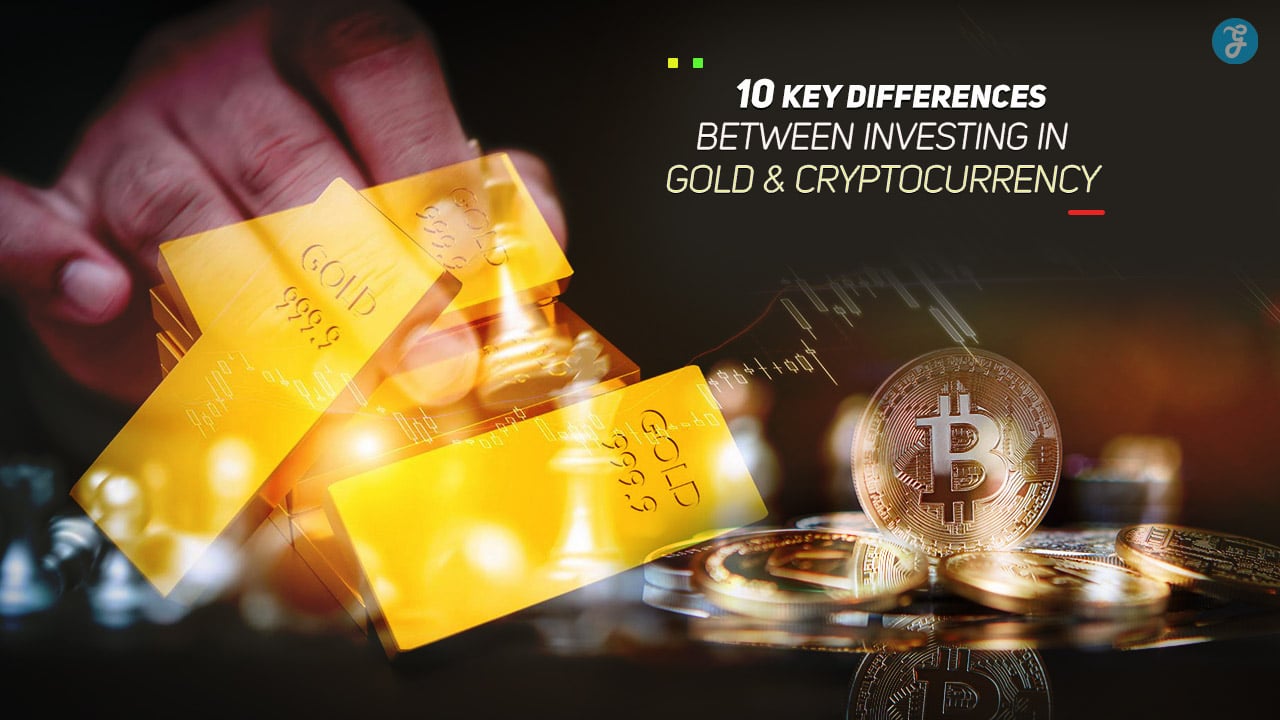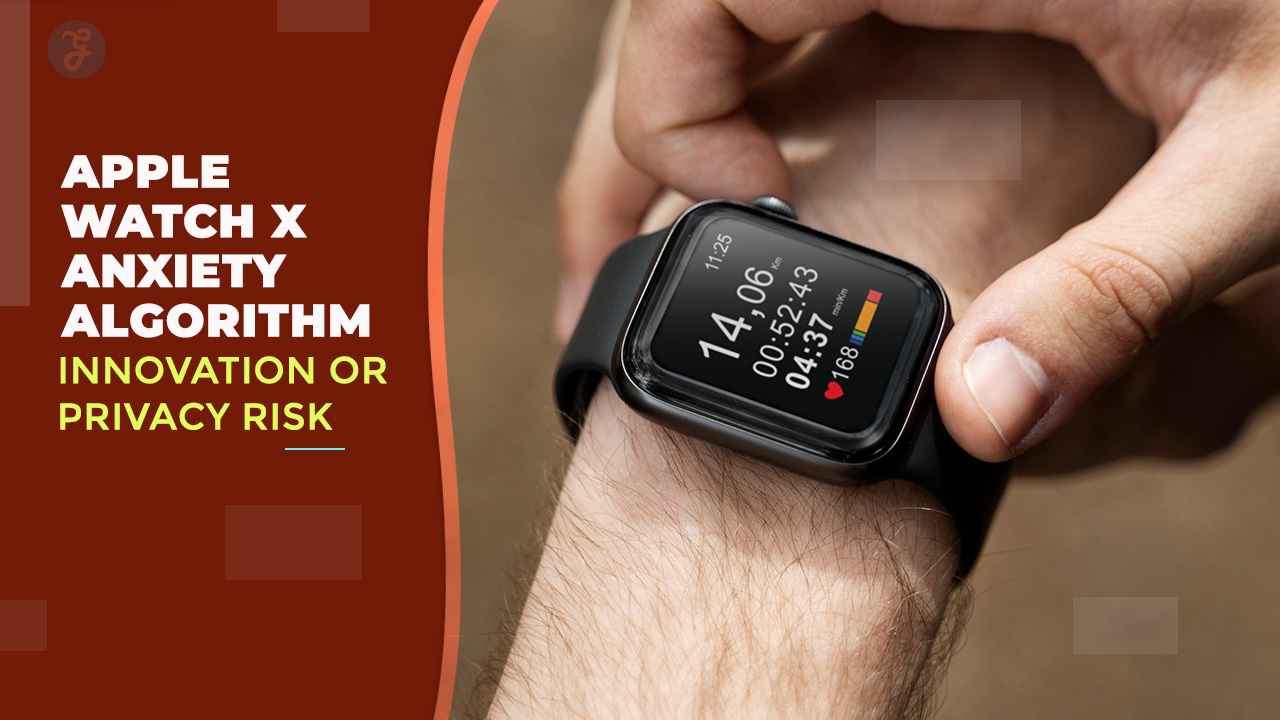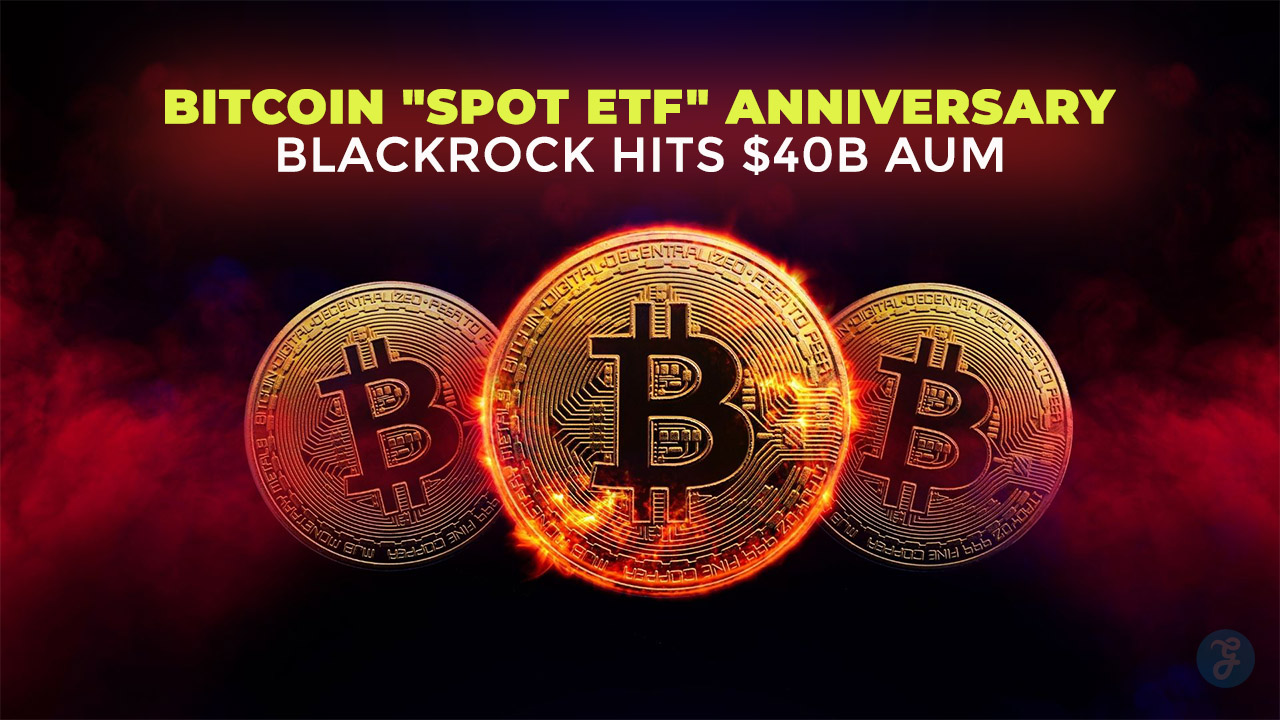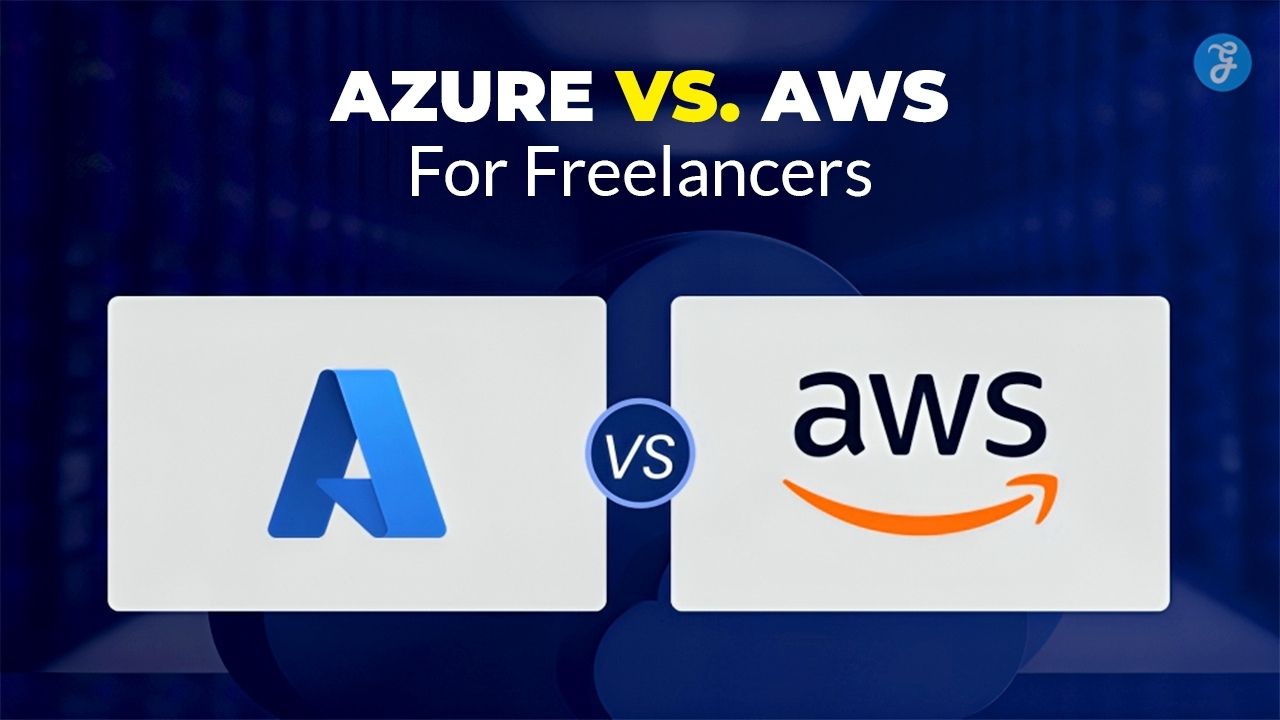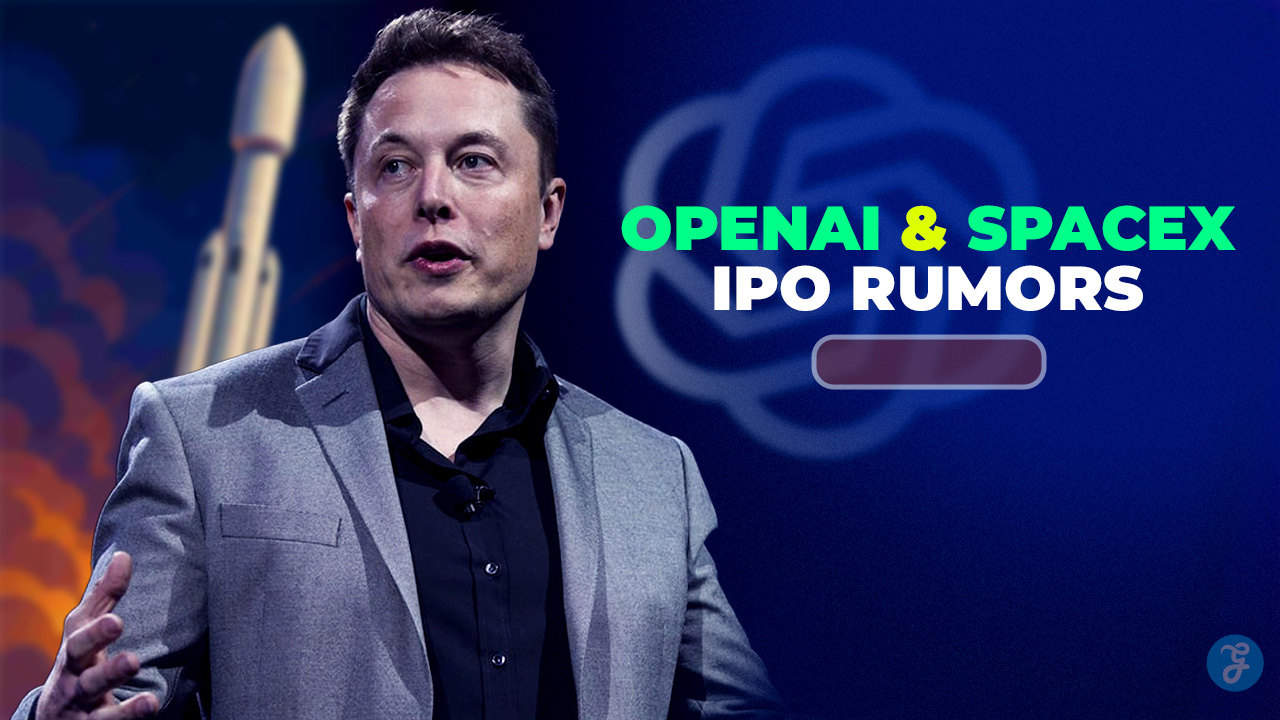In the ever-evolving world of investment opportunities, gold and cryptocurrency stand as two distinct yet popular choices.
Both have drawn significant attention from investors looking to diversify their portfolios, but they are fundamentally different in terms of value, stability, risk, and market dynamics. Understanding these differences is crucial for making informed decisions tailored to your financial goals.
This article explores 10 critical differences between investing in gold and cryptocurrency, providing you with the insights needed to choose the right investment for your needs.
1. Tangibility and Physicality
Gold
Gold is a tangible asset with a physical form. It can be held in your hand, stored in a vault, or even worn as jewelry. This physicality gives gold an intrinsic value that has been recognized for thousands of years.
Advantages:
- Tangible and durable.
- Resistant to technological or digital disruptions.
- Can be used as collateral or traded physically.
Disadvantages:
- Requires secure storage and insurance.
- Transportation can be costly and risky.
Cryptocurrency
Cryptocurrency is entirely digital, existing only as a virtual asset stored on blockchain technology. Popular cryptocurrencies like Bitcoin and Ethereum are intangible and cannot be physically held.
Advantages:
- Easily transferable across borders without physical movement.
- No storage costs.
- Can be accessed with an internet connection.
Disadvantages:
- Vulnerable to hacking and cyberattacks.
- Dependent on digital infrastructure.
Key Difference: Gold is a tangible asset, while cryptocurrency is entirely digital.
2. Historical Stability
Gold
Gold has long been considered a safe haven for investors. Its value has remained relatively stable over centuries, making it a reliable store of wealth during economic uncertainty.
Historical Trends:
- Maintains value during inflation and market downturns.
- Widely trusted by governments and central banks.
Cryptocurrency
Cryptocurrencies are relatively new, with just over a decade of history. They are known for their extreme volatility, with prices often swinging wildly based on market sentiment and speculation.
Historical Trends:
- High growth potential but prone to sudden crashes.
- Lacks the established trust that gold enjoys.
Key Difference: Gold has a proven track record of stability, while cryptocurrency is highly volatile and speculative.
3. Regulation and Legal Status
Gold
Gold is universally recognized and regulated. It is considered legal tender in many forms, and its trade is governed by international standards and laws.
Regulatory Oversight:
- Gold trade is overseen by financial authorities worldwide.
- Easy to verify authenticity and ownership.
Cryptocurrency
Cryptocurrency operates in a more ambiguous legal environment. Regulations vary by country, and governments are still figuring out how to classify and regulate digital currencies.
Regulatory Oversight:
- Faces bans or restrictions in certain countries.
- Tax implications are complex and vary globally.
Key Difference: Gold is widely regulated and universally accepted, while cryptocurrency faces inconsistent legal frameworks.
4. Market Accessibility
Gold
Investing in gold requires access to bullion dealers, exchanges, or financial institutions offering gold-backed assets like ETFs.
Accessibility Challenges:
- Physical gold may be less liquid than digital assets.
- Requires intermediaries for buying and selling.
Cryptocurrency
Cryptocurrency can be traded 24/7 on digital platforms without the need for intermediaries. It is highly accessible to anyone with an internet connection.
Accessibility Benefits:
- Global availability with no physical boundaries.
- No restrictions on trading hours.
Key Difference: Cryptocurrency offers easier and more flexible access compared to gold.
5. Volatility and Risk
Gold
Gold is considered a low-risk investment. Its value changes gradually, influenced by economic factors such as inflation, interest rates, and geopolitical events.
Risk Profile:
- Low volatility, making it a stable asset.
- Less prone to speculative bubbles.
Cryptocurrency
Cryptocurrency is notoriously volatile. Prices can double or halve within days, influenced by factors like market sentiment, regulatory news, and technological developments.
Risk Profile:
- High potential for quick gains or losses.
- Vulnerable to market manipulation.
Key Difference: Gold is a low-risk, stable asset, while cryptocurrency is high-risk with significant volatility.
6. Use Cases
Gold
Gold has diverse uses, including jewelry, electronics, and as a financial reserve for governments. It holds cultural significance in many societies.
Practical Applications:
- Widely used in industries like technology and dentistry.
- A symbol of wealth and status in many cultures.
Cryptocurrency
Cryptocurrency’s primary use is as a digital medium of exchange and investment vehicle. Emerging use cases include decentralized finance (DeFi), non-fungible tokens (NFTs), and smart contracts.
Practical Applications:
- Supports blockchain innovation and decentralized applications.
- Growing acceptance as a payment method.
Key Difference: Gold has tangible industrial and cultural uses, while cryptocurrency focuses on digital transactions and technology.
7. Inflation Hedge
Gold
Gold is a traditional hedge against inflation. Its value typically rises when the purchasing power of fiat currencies decreases.
Inflation Impact:
- Retains value during economic downturns.
- Favored by central banks as a reserve asset.
Cryptocurrency
Cryptocurrency’s role as an inflation hedge is still debated. Bitcoin, often referred to as “digital gold,” has shown potential in this regard but lacks consistent performance.
Inflation Impact:
- Limited historical data to prove reliability.
- Value influenced more by speculation than economic fundamentals.
Key Difference: Gold is a proven inflation hedge, while cryptocurrency’s effectiveness in this role remains uncertain.
8. Liquidity
Gold
Gold is relatively liquid, but selling physical gold can take time due to the need for verification and finding buyers. Gold ETFs and futures improve liquidity.
Liquidity Options:
- Physical gold: Moderate liquidity.
- Paper gold (ETFs): High liquidity.
Cryptocurrency
Cryptocurrency offers high liquidity, with digital exchanges enabling instant transactions. However, liquidity can vary for less popular coins.
Liquidity Options:
- Bitcoin and Ethereum: Highly liquid.
- Smaller altcoins: Less liquid and riskier.
Key Difference: Cryptocurrency generally offers higher liquidity than physical gold.
9. Storage and Security
Gold
Storing gold requires secure vaults or safes, which come with associated costs and risks.
Storage Needs:
- Requires physical space and insurance.
- Vulnerable to theft if not securely stored.
Cryptocurrency
Cryptocurrency is stored in digital wallets, which eliminate physical storage needs but come with cybersecurity risks.
Storage Needs:
- Requires secure digital wallets or cold storage.
- Vulnerable to hacking and loss of private keys.
Key Difference: Gold requires physical storage, while cryptocurrency relies on secure digital solutions.
10. Long-Term Viability
Gold
Gold’s long history and intrinsic value make it a reliable long-term investment.
Sustainability:
- Backed by centuries of demand and utility.
- Recognized universally as a store of value.
Cryptocurrency
Cryptocurrency’s future depends on technological advancements, adoption rates, and regulatory frameworks. While promising, it remains speculative.
Sustainability:
- Faces risks of obsolescence and market shifts.
- Requires widespread acceptance for long-term stability.
Key Difference: Gold’s viability is time-tested, while cryptocurrency’s future is uncertain and dependent on external factors.
Conclusion
Both gold and cryptocurrency offer unique advantages and challenges as investment options. While gold is a stable, low-risk asset with intrinsic value, cryptocurrency provides high growth potential but comes with significant volatility and risk.
Your choice between these two should align with your financial goals, risk tolerance, and investment horizon. Diversification is key—consider balancing both assets in your portfolio to capitalize on their respective strengths.
By understanding these 10 key differences, you can make informed decisions that pave the way for financial success. Whether you prefer the timeless allure of gold or the futuristic promise of cryptocurrency, the right strategy can help you achieve your investment objectives.


